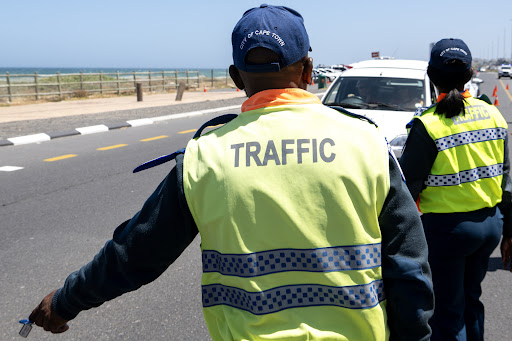The much-anticipated implementation of the Administrative Adjudication of Road Traffic Offences (Aarto) Act has once again hit a roadblock, causing confusion and frustration among drivers eagerly awaiting the introduction of the points demerit system. Despite reports suggesting a national rollout of Aarto, the Road Traffic Infringement Agency (RTIA) has clarified that the demerit system is not yet operational, dispelling rumors and misinformation that have been circulating.
Initially approved in 1998, the Aarto Act aims to replace the existing criminal system with a more streamlined administrative process. Under Aarto, drivers would accumulate demerit points for traffic violations, potentially leading to the suspension or revocation of their licenses in addition to fines. However, the actual implementation of this system has been plagued by delays, pushing back the scheduled launch from February 2024 to an undisclosed future date.
The points demerit system, a key component of Aarto, remains inactive nationwide, including in cities like Johannesburg and Tshwane where pilot programs have been running for over a decade. Monde Mkalipi, spokesperson for the RTIA, emphasized that the rollout of phase 3, which includes the demerit system and a rehabilitation program for offenders, is still pending. The actual commencement dates are expected to be outlined in a presidential proclamation yet to be signed.
Mkalipi acknowledged that previous timelines for the phased rollout of Aarto are no longer applicable due to legal challenges, including a declaration of unconstitutionality by the Gauteng High Court in early 2022. Despite these setbacks, efforts are underway to address outstanding issues, such as the establishment of a tribunal to oversee Aarto appeals. The process of selecting tribunal members is reportedly in its final stages, indicating progress towards resolving logistical hurdles.
In a significant development, the Constitutional Court ruled in favor of the government’s demerit system plans in July 2023, overturning a previous high court ruling that deemed Aarto unconstitutional. The legal battle, instigated by the Organisation Undoing Tax Abuse (Outa), underscores the contentious nature of Aarto, with critics like Outa arguing that the system could burden drivers, particularly those reliant on driving for their livelihoods.
While dissenting voices question the effectiveness and fairness of the demerit system, government officials defend Aarto as a crucial tool for enhancing road safety and ensuring compliance with traffic laws. Despite diverging opinions on its potential impact, Aarto’s proponents believe that it can contribute to a culture of accountability and responsibility among motorists, ultimately leading to safer roads for all.
As discussions and debates surrounding Aarto continue to unfold, the unresolved issues and delays underscore the complexities involved in transitioning to a new traffic law framework. The balancing act between enforcement and fairness, deterrence and rehabilitation, remains a central challenge in reshaping the regulatory landscape. Whether Aarto will successfully strike this balance and achieve its intended objectives remains to be seen, but one thing is certain: the journey towards a revamped traffic law regime is far from over, with twists and turns likely to shape its future trajectory.

